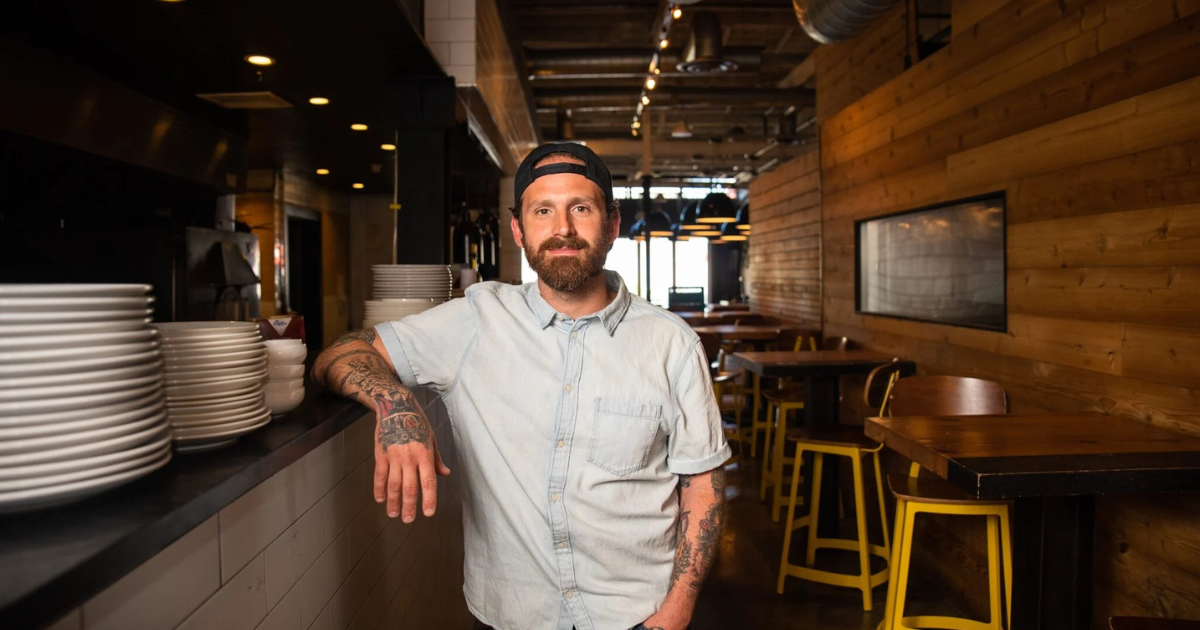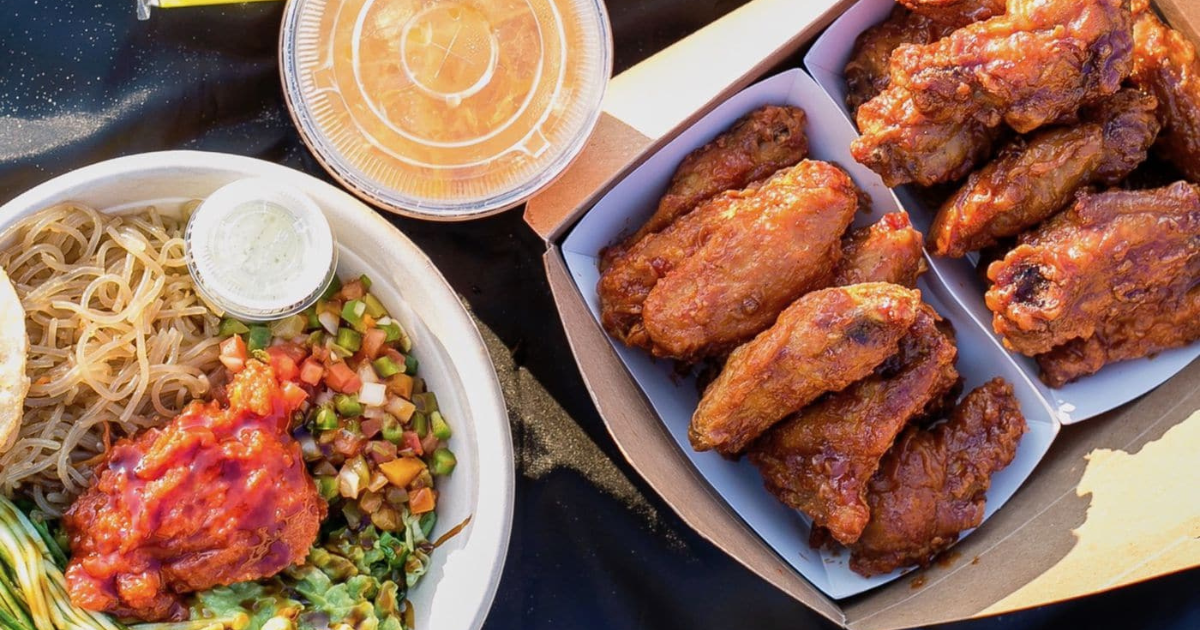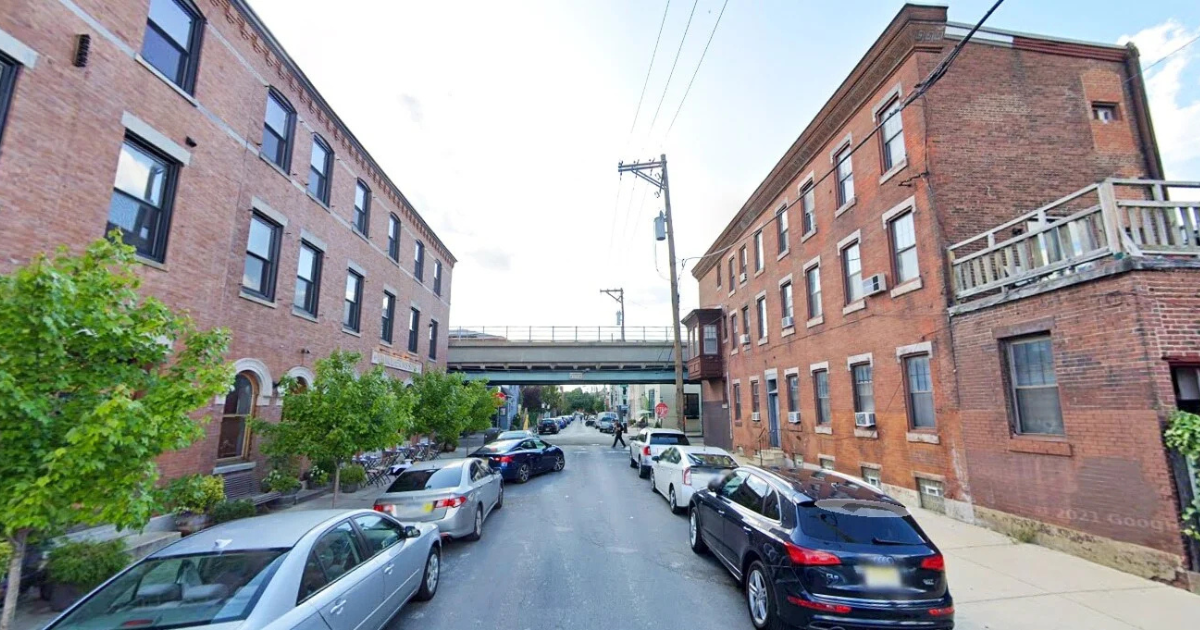Outdoor Dining Is Here to Stay: 2 Licenses Available to City Restaurants
Outdoor dining has long been a part of the dining culture in Philadelphia, from the sidewalk awnings of cheesesteak shops and water ice stands of...
1 min read
Nochumson P.C. : Jun 11, 2020 9:00:00 AM

Our restaurant operator client, who had several restaurants in the warehouse district just off of Spring Garden Street, decided to expand his geographic reach to the Fishtown section of Philadelphia. Instead of leasing a restaurant space as he had always done, our client had the opportunity to purchase two units of a four-unit commercial condominium building of raw space and the liquor license being held by the property owner marketing the condominium units for sale.
Our client retained us to handle the acquisition of the real estate and the financing of the property acquisition. We also handled the formation of the corporate entity which would hold title to the condominium units and the corporate entity that would own and operate the restaurant establishment. Plus, we prepared a lease between the newly formed corporate entities that owned the real estate and the restaurant establishment.
We represented our restaurant operator client in memorializing the terms and conditions of the real estate and liquor license acquisition by way of a written sales and purchase agreement. We also filed paperwork with the state to form these new corporate entities and prepared written operating agreements between the restaurant operator and its members, which included a silent investor of this business venture. We then reviewed all the loan documents prepared by the banking institution that agreed to finance the real estate and liquor license acquisition.
At closing, we guaranteed all conditions precedent of the written sales and purchase agreement were met, the client executed the loan documents we previously reviewed with him prior to closing, and he obtained title insurance to protect them as part of this property acquisition. We also ensured he paid what was owed for the purchase price and the fees and costs due to the banking institution and title insurance company on account of this real estate and business transaction.
After closing, the corporate entities that our restaurant operator client owned and controlled entered into the written lease for the new restaurant establishment.
Soon after closing took place, our restaurant operator client invested a significant amount of money in building out the space for what is now known as Kensington Quarters, one of the top restaurants in Philadelphia.

Outdoor dining has long been a part of the dining culture in Philadelphia, from the sidewalk awnings of cheesesteak shops and water ice stands of...

One of our clients, a restaurant operator, had generated great fanfare for their Korean fried chicken and other offerings served at their location...

One of our clients was a landlord who was approached by a restaurant operator with a unique request to lease the first floor of a mixed-use...